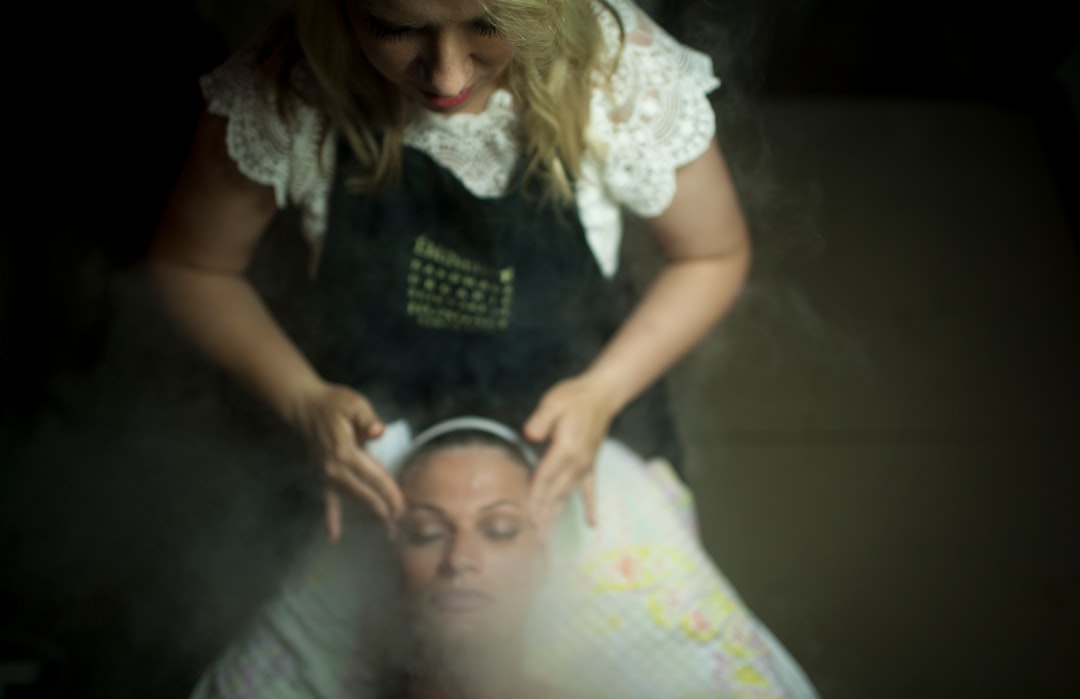What is it about?
OMS in infants and toddlers is often paraneoplastic due to neuroblastoma. Even with resection of neuroblastoma, the child generally needs prolonged and intensive immunosuppression. We followed a group of children with OMS and assessed development, comparing them to a similar group treated about 10-15 years ago. Recently treated OMS patients had overall better developmental and behavioral outcome, although many still have some deficits. The major treatment difference was the addition of rituximab, along with ACTH and IVIG.
Featured Image
Why is it important?
More aggressive immunosuppression appears to improve outcome and prevent some of the chronic cognitive and behavioral deficits seen in children with OMS.
Perspectives
There is no single perfect treatment protocol for OMS. The most important thing is to recognize it, find the occult neuroblastoma quickly, and begin intensive multi-modality immunosuppression as soon as possible. These are challenging children to treat, often with frequent relapses and set-backs. However, in general, we are having better results with more aggressive treatment, which is encouraging.
Dr Wendy G Mitchell
Children's Hospital Los Angeles
Read the Original
This page is a summary of: Effect of Increased Immunosuppression on Developmental Outcome of Opsoclonus Myoclonus Syndrome (OMS), Journal of Child Neurology, October 2014, SAGE Publications,
DOI: 10.1177/0883073814549581.
You can read the full text:
Resources
Contributors
The following have contributed to this page










